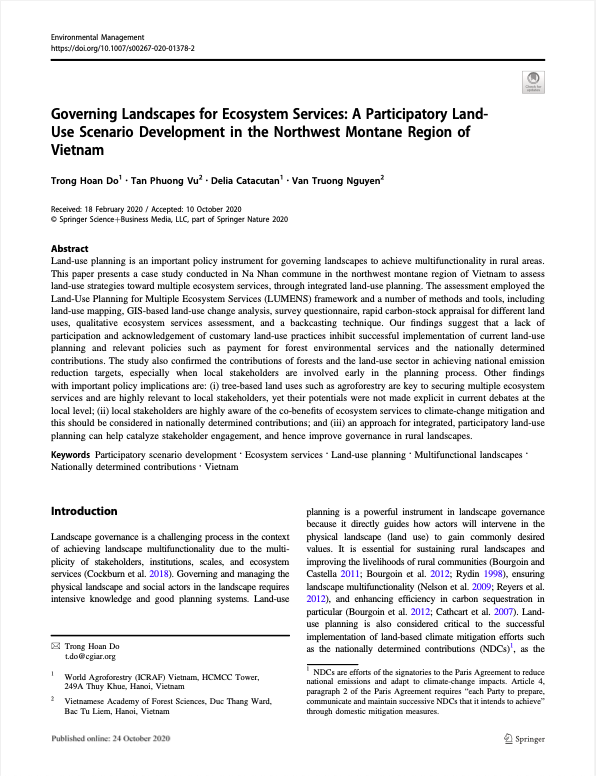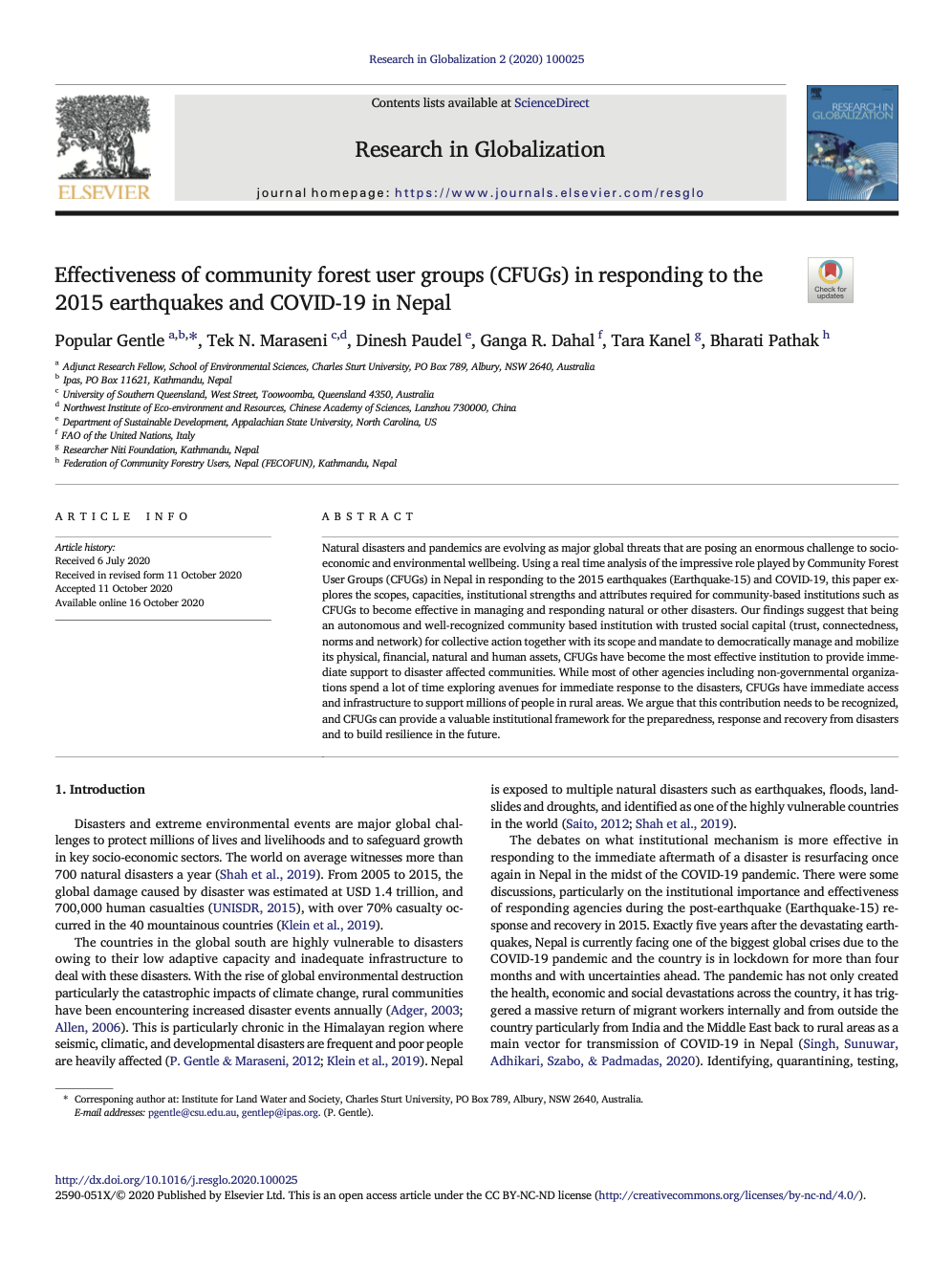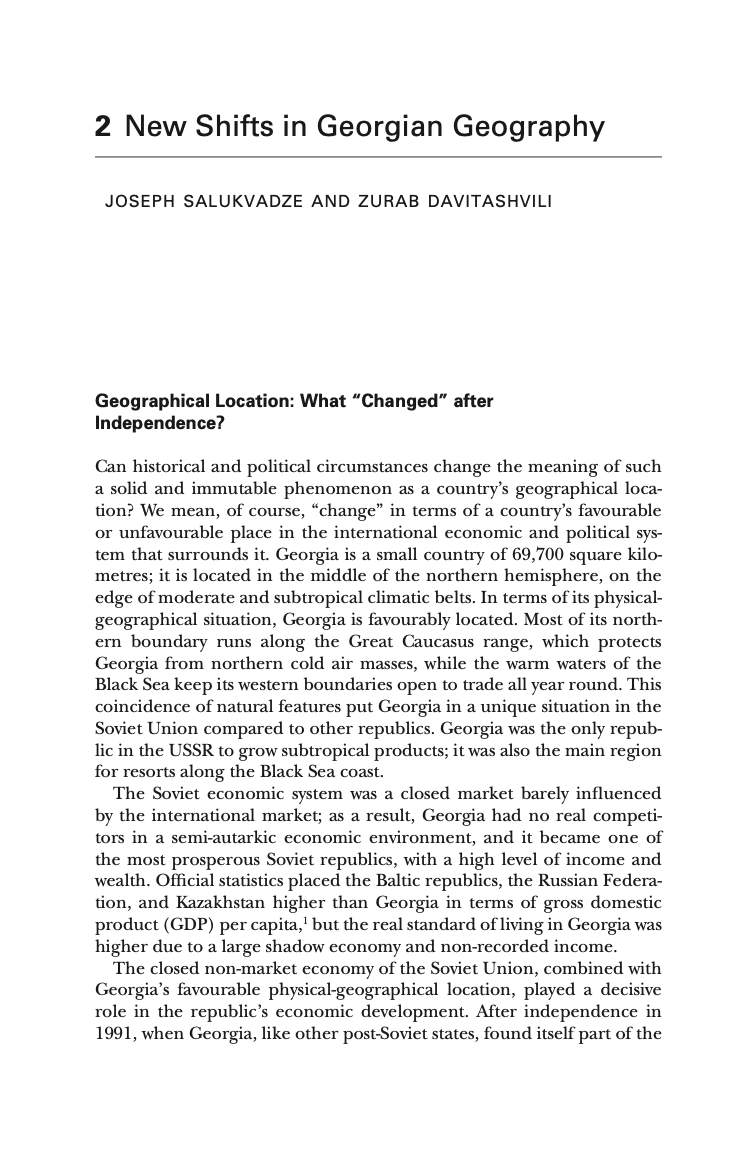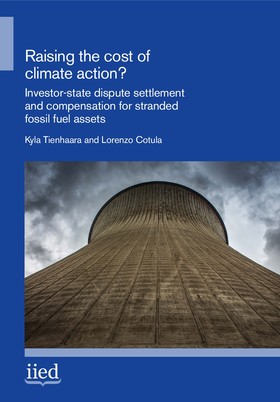‘Mind the Gap’: Reconnecting Local Actions and Multi-Level Policies to Bridge the Governance Gap. An Example of Soil Erosion Action from East Africa
Achieving change to address soil erosion has been a global yet elusive goal for decades. Efforts to implement effective solutions have often fallen short due to a lack of sustained, context-appropriate and multi-disciplinary engagement with the problem.






